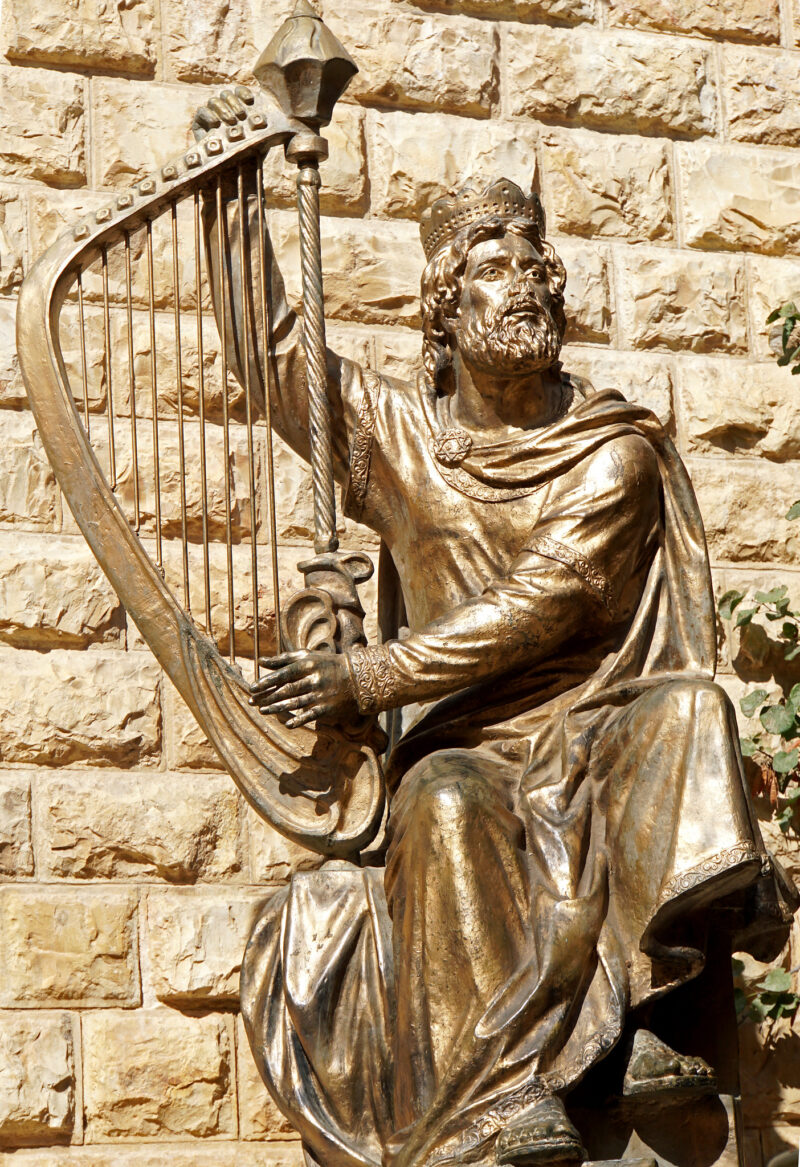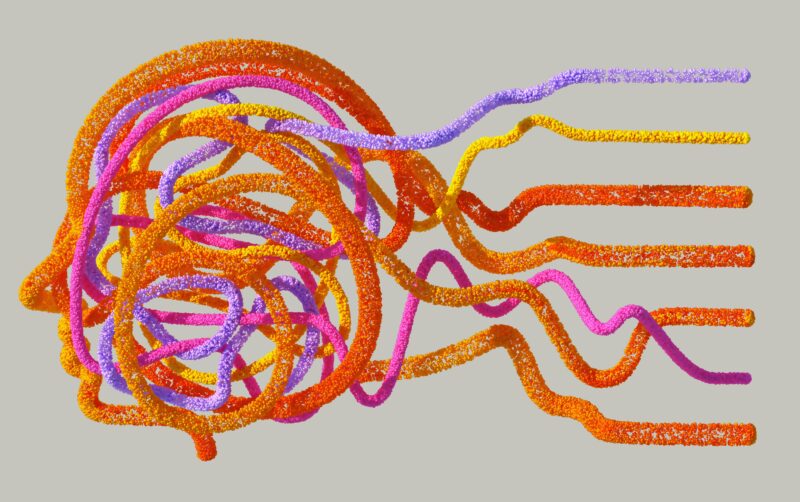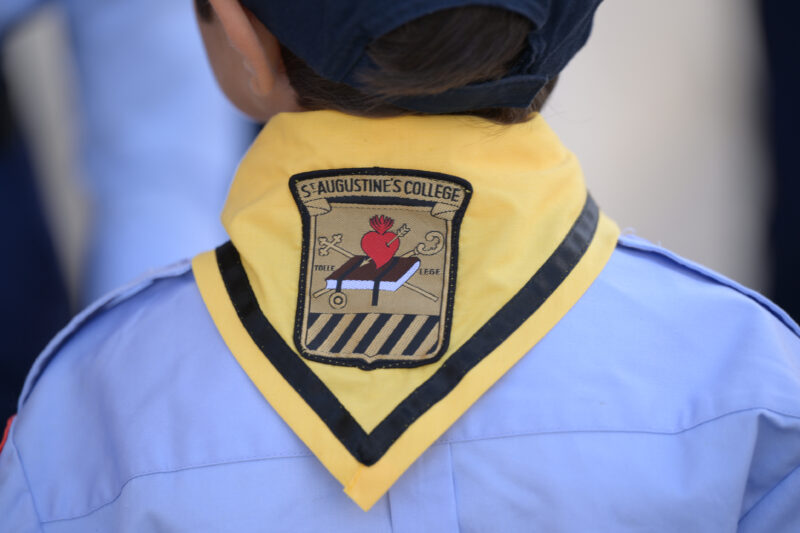This course is eligible for the Get Formed! scheme, allowing students to reclaim 70% of their course fees upon completion. For more information, visit: https://pfi.edu.mt/get-formed/.
This course offers a rich thematic and theological introduction to the Gospel of Matthew, emphasizing its unique portrayal of Jesus as the long-awaited Messiah, the New Moses, and the fulfilment of Old Testament prophecy. Participants will explore key events in Jesus’ life—His birth, teachings, miracles, and passion—while gaining insight into Matthew’s structure and message. Designed for pastoral ministers seeking deeper formation as the Church begins a new liturgical cycle centred on Matthew’s Gospel.
Pastoral workers especially those involved in the Ministry of the Word and all others interested in the subject.
Target Audience Age: 18+
The course will take place on Wednesdays from 6:00pm to 8:00pm
Students have the option to join this course online via Zoom
| Date | Session |
| 12th November 2025 | Introduction and the Magi Narrative |
| 19th Novemeber 2025 | The Beatitudes and the Sermon on the Mount |
| 26th November 2025 | The Miracles in Matthew |
| 3rd December 2025 | The Passion and Easter Nattative in Matthew |
This course has three exit certificate options:
1. Certificate of Attendance
The student will receive a Certificate of Attendance when attending a minimum of 80% of all contact hours for this course.
2. Certificate of Participation
The student will receive a Certificate of Participation when attending a minimum of 80% of all contact hours for this course and pass from short multiple-choice exam.
3. Certificate of Achievement
To obtain a Certificate of Achievement, students must attend a minimum of 80% of all contact hour and pass from a short multiple-choice exam and written assignment.
Language: Applicants must be proficient in both Maltese and English.
Digital: Applicants must be digitally literate particularly, in use of office suites and internet access.

















